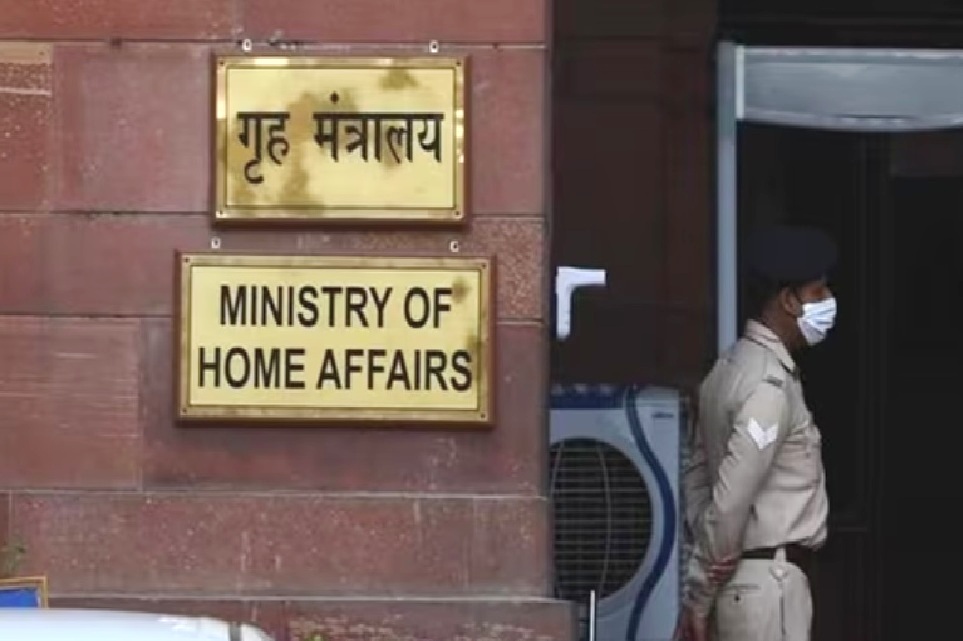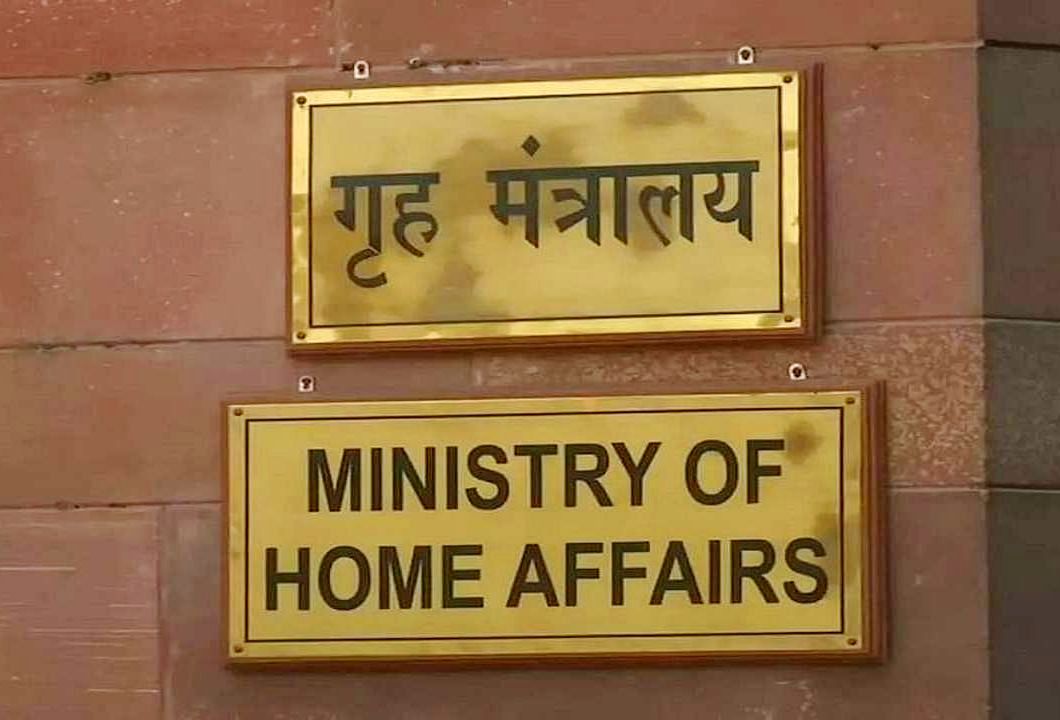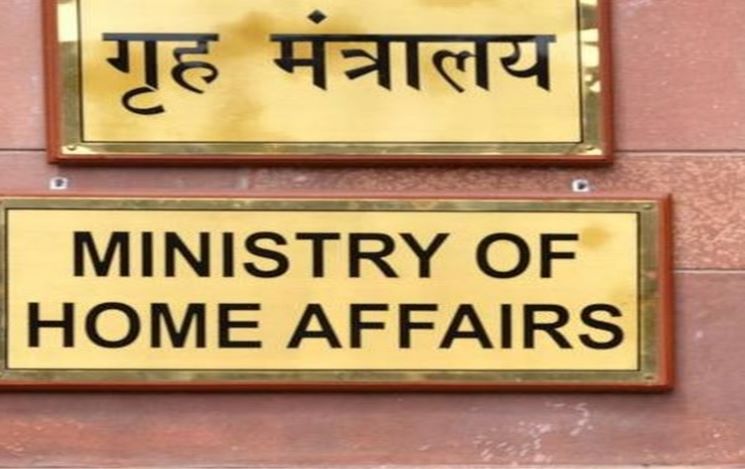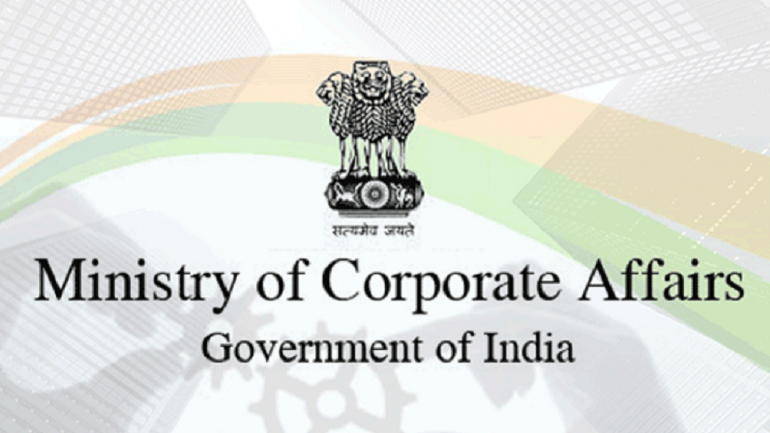New Delhi, April 29, 2024: The government is considering revisions to the corporate social responsibility (CSR) framework, aiming to expand the scope of eligible activities and tighten penalties to ensure better compliance among corporations. According to sources familiar with the development, these proposed changes could significantly alter the CSR landscape and are expected to be implemented following the general elections as part of the amendments to the Companies Act, 2013.
What does it mean?
|
Proposal Overview
|
The Indian government is considering amendments to the CSR guidelines under the Companies Act, 2013, to widen the scope of CSR activities and revise the penalty structure.
|
|
Current Requirement
|
Companies must allocate at least 2% of their average net profits from the previous three years to CSR activities, as mandated by Section 135 of the Companies Act.
|
|
Issue with Current Penalties
|
Existing penalties, which can be as high as ₹1 crore or twice the unspent CSR amount, are deemed insufficient to enforce compliance among companies with significant obligations.
|
|
Proposed Changes
|
Increase flexibility in defining eligible CSR activities.
|
- Compliance & Penalties:Review and potentially increase penalties for non-compliance to make them more effective.
- Local vs National Focus | Address ambiguities related to the preference for local area spending in CSR activities, balancing it with national priorities.
- Compliance Data | In FY22, 3,984 companies did not spend any amount on CSR. Total CSR expenditure was ₹26,279 crore, slightly higher than ₹26,211 crore in FY21.
- Next Steps | Final decisions on the proposed changes are expected post-general elections, with amendments to be introduced to the Companies Act and related CSR rules. |
Currently, under Section 135 of the Companies Act, companies meeting certain financial criteria are required to allocate at least 2% of their average net profits over the previous three years to CSR activities. Non-compliance with these provisions results in substantial penalties, including a fine up to twice the unspent amount or ₹1 crore, whichever is lesser, with company officers also facing fines up to ₹2 lakh.
Despite these penalties, compliance remains an issue, particularly among companies with large CSR obligations. It has been observed that the existing penalty cap of ₹1 crore does not sufficiently deter non-compliance, as companies may retain unspent funds in fixed deposits or other investments, effectively bypassing the intent of CSR mandates.
In response, the government is reviewing these penalties and considering a more flexible approach to the types of activities that qualify as CSR. This could involve simplifying the stipulations around eligible activities to allow companies to support a broader range of initiatives under existing categories.
Further adjustments may also address the localisation of CSR efforts. The current law gives preference to CSR activities that benefit the local areas where companies operate. However, the Ministry of Corporate Affairs (MCA) had not made this local preference mandatory, noting that the “activities should be balanced with national priorities”.
The expected changes are part of a broader effort to ensure more impactful and widespread benefits from CSR initiatives across the country. In fiscal year 2022, despite mandatory CSR obligations, nearly 4,000 companies did not spend any funds on CSR activities, with total CSR expenditure marginally increasing from the previous year.
The revisions are aimed at not only increasing compliance but also enhancing the overall effectiveness of CSR contributions towards societal and environmental well-being.




















.jpg)



